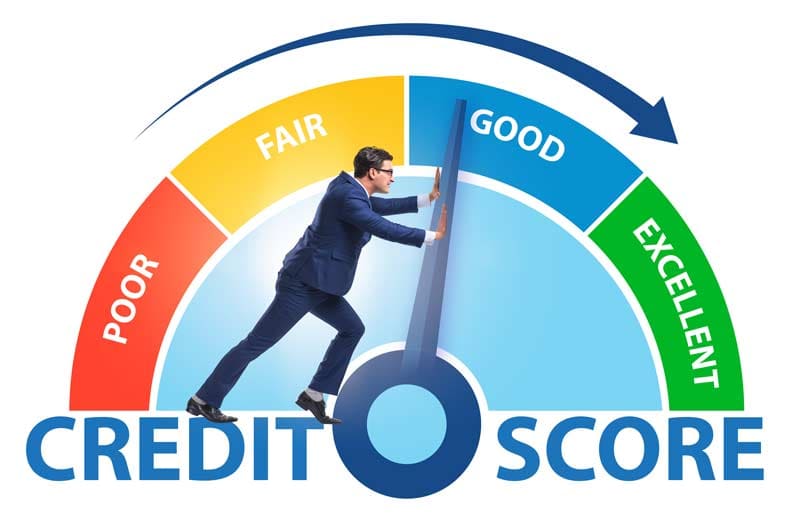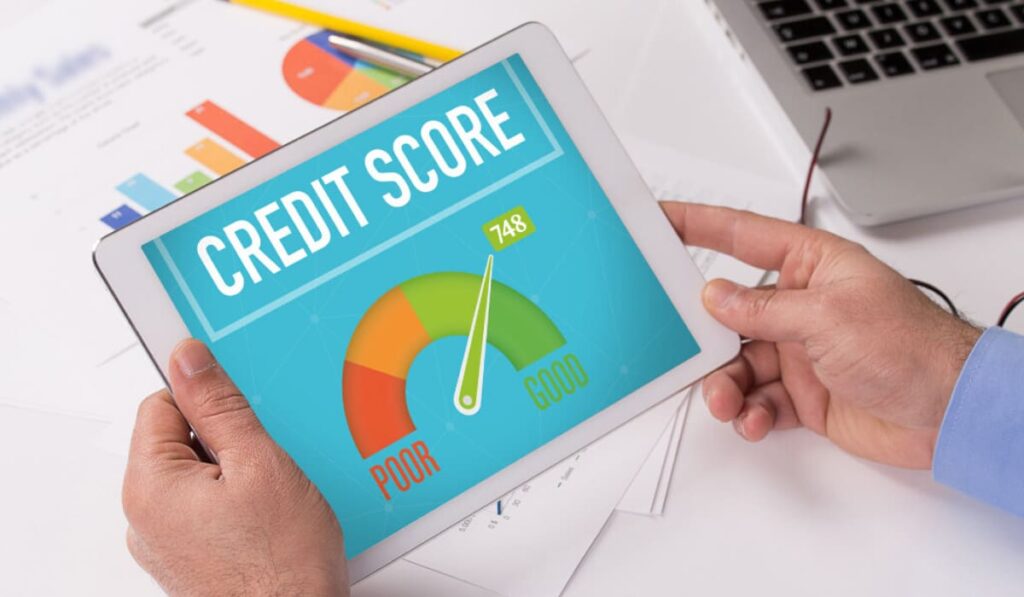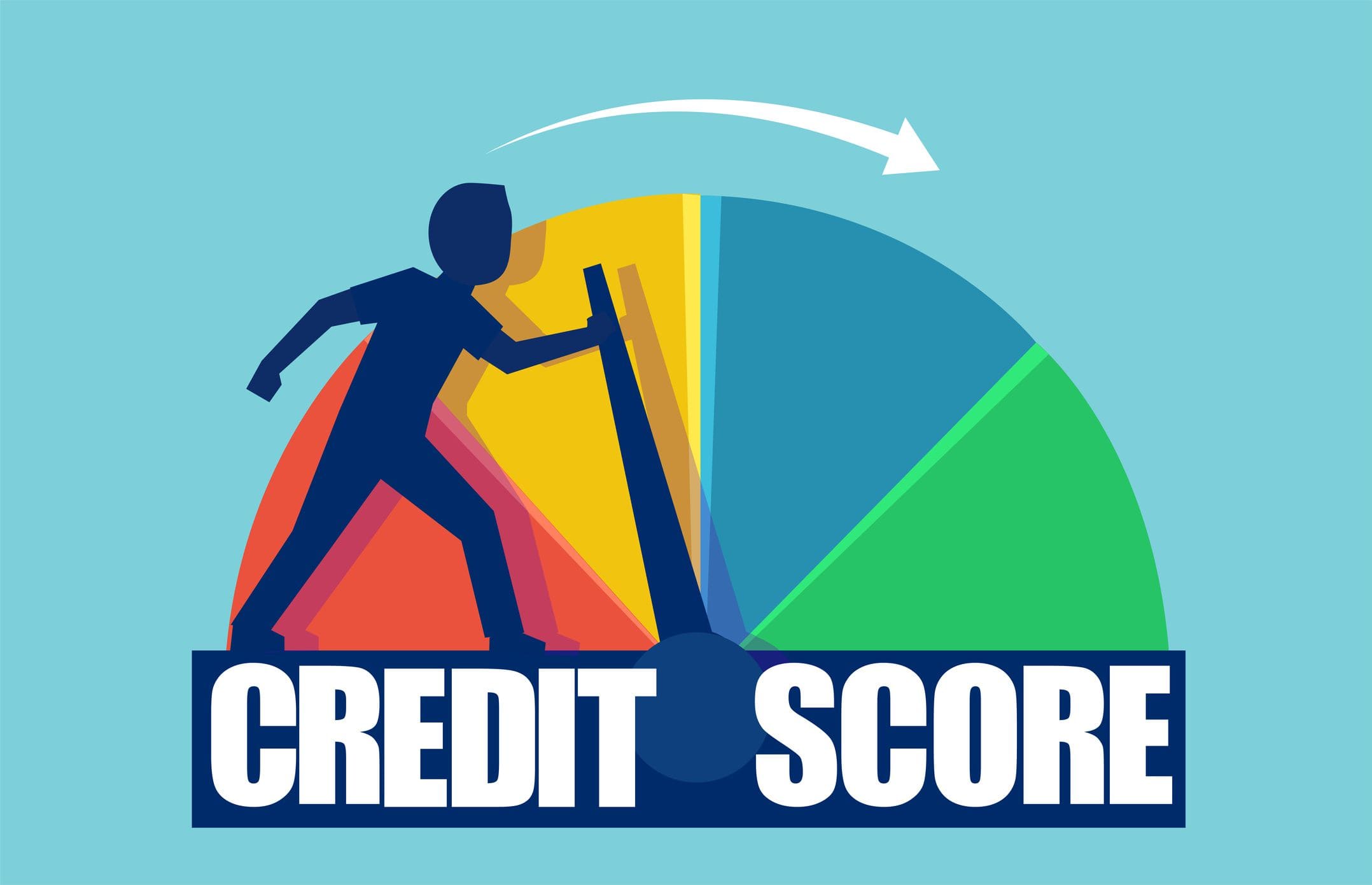Keeping your credit score high can have significant effects on a variety of aspects of your financial life and is necessary for overall financial wellness. Your ability to get loans, and get decent interest rates. For lenders and other service providers, it acts as an important indicator of your creditworthiness and dependability. This blog provides 10 useful suggestions that can help you improve your credit score.
These techniques will guide you through every aspect of creating and managing a strong credit profile, from recognizing the variables that impact your score to putting practical credit management techniques into action. These recommendations will give you valuable information and useful guidance to help you reach your credit objectives, whether your goal is to obtain better terms for loans or just to enhance your credit score.
10 Effective Strategies to Improve Your Credit Score

-
Pay Your Bills on Time
One of the most important factors affecting your credit score is your payment history. Make sure to pay your bills, including credit card payments, loans, and utility bills, on time. Late payments can negatively impact your credit score, so set up payment reminders or automate payments to avoid missing due dates. Additionally, consider prioritizing payments by focusing on high-interest debts first. Also, read How to Increase Cibil Score from 600 to 750?
-
Reduce Credit Card Balances
Keep your credit card balances low The credit utilization ratio plays a significant role in determining your credit score. Aim to keep your credit card balances low, ideally below 30% of your available credit limit. Paying down debt and avoiding maxing out your credit cards can help improve your score. If you have multiple credit cards with balances, consider consolidating them or paying off the ones with the highest interest rates first.
-
Keep Credit Card Accounts Open
The length of your credit history is another crucial factor in credit scoring. Instead of closing unused credit card accounts, keep them open. The longer your accounts are open, the better it is for improving your credit score, as it demonstrates a longer credit history and responsible credit management. However, ensure that you periodically use these accounts and make timely payments to maintain their positive impact.
-
Diversify Your Credit Mix
Having a diverse mix of credit accounts can positively impact your credit score. Consider having a combination of credit cards, loans (such as a mortgage or auto loan), and lines of credit. This showcases your ability to handle different types of credit responsibly. However, only take on credit that you genuinely need and can manage effectively. Also, read Ignite Your Wealth: How to Invest in REIT in India in 2023
-
Limit New Credit Applications
Applying too many credit cards at once Frequent credit applications can lead to multiple hard inquiries on your credit report, which can temporarily lower your score. Be strategic when applying for new credit and only do so when necessary. Space out your applications and research lenders that offer pre-qualification to minimize the impact on your credit. Additionally, avoid opening several new accounts within a short period, as it may raise concerns about your financial stability.
-
Regularly Check Your Credit Report
Regularly Check Your Credit Report Monitoring your credit report is essential to ensure its accuracy. Obtain a free copy of your credit report from each of the major credit bureaus (Equifax, Experian, and TransUnion) once a year and review it for any errors or fraudulent activities. If you find discrepancies, promptly dispute them with the credit bureaus. Regularly monitoring your credit report allows you to identify and address issues that may be impacting your credit score.
-
Use Credit-Building Tools
If you have a limited or poor credit history, consider utilizing credit-building tools. Secured credit cards and credit-builder loans can help you establish or rebuild credit. With a secured credit card, you provide a deposit as collateral, while credit-builder loans allow you to make small payments towards a locked savings account. Making timely payments on these accounts demonstrates your creditworthiness and improves your credit score over time.
-
Set Up Payment Reminders
Set Up Payment Reminders To avoid late payments, use payment reminders. Set up alerts on your phone, calendar, or through online banking to receive notifications before your due dates. Timely payments show responsible credit behavior and contribute to a positive credit score. Additionally, consider enrolling in automatic payments for essential bills to ensure they are consistently paid on time.
- Negotiate with Creditors
Negotiate with Creditors If you’re struggling with debt, reach out to your creditors to explore options for negotiation. Communicating with your creditors shows your commitment to resolving your debts and can potentially lead to more manageable payment terms. You may be able to arrange a payment plan that fits your financial situation or even negotiate a settlement to pay off a portion of your debt. Remember, creditors want to work with you to recover their funds, so be proactive and open to finding mutually beneficial solutions.
-
Practice Patience and Persistence
Improving your credit score takes time and consistency. Building a positive credit history is a gradual process that requires patience and persistence. Stick to your financial goals, follow the strategies outlined above, and stay committed to responsible credit behavior. Keep in mind that negative information, such as missed payments or collections, can remain on your credit report for several years. However, as you consistently demonstrate responsible credit habits, your credit score will gradually improve.
Also, read How to Save Big with Credit Card Balance Transfer in 2023.
Conclusion

Improving your credit score is within your reach by following these ten effective strategies. By paying your bills on time, reducing credit card balances, maintaining open accounts, diversifying your credit mix, limiting new credit applications, checking your credit report regularly, utilizing credit-building tools, setting up payment reminders, negotiating with creditors, and practicing patience and persistence, you can make significant progress in boosting your credit score.
Remember, the journey to a better credit score may take time, but your efforts will pay off with improved financial opportunities and peace of mind. Take control of your credit today and set yourself on a path toward a brighter financial future.





